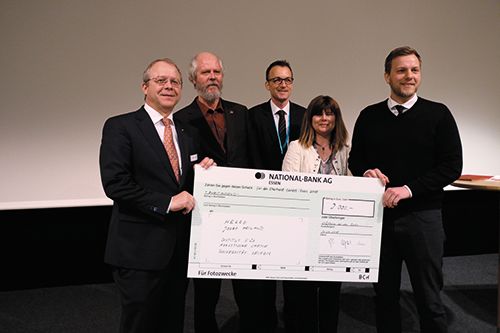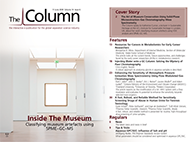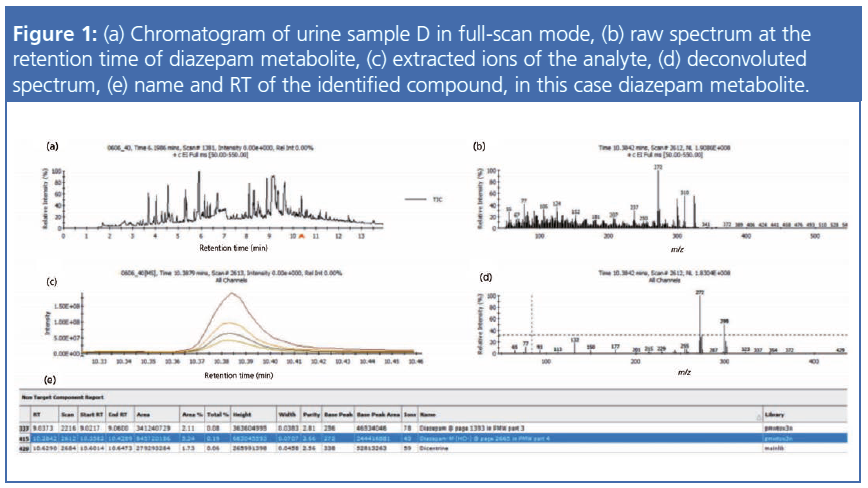Josef Heiland Receives Eberhard Gerstel Award
Josef Heiland has been awarded the 2018 Eberhard Gerstel Prize for his publication “Temperature Gradient Elution and Superheated Eluents in Chip-HPLC” (1), which was published in the journal Analytical Chemistry.
Photo Credit: Gerstel GmbH & Co.KG

Josef Heiland has been awarded the 2018 Eberhard Gerstel Prize for his publication “Temperature Gradient Elution and Superheated Eluents in Chip-HPLC” (1), which was published in the journal Analytical Chemistry.
The Eberhard Gerstel Prize is awarded by the Working Group Separation Sciences of the Analytical Division of the German Chemical Society for an outstanding publication in the field of separation sciences and is handed out in honour of the late Eberhard Gerstel Sr., founder of Gerstel.
In his work, Heiland presented a novel concept of temperature programmed microchip HPLC. The paper explains that because of the relatively low mass of the lab-on-a-chip hardware, it is well suited for temperature programming. This means that isocratic separations can be performed at a speed not previously achieved even using pure water and it opens up the possibility of using other environmentally friendly eluents such as supercritical CO2 and ethanol.
In order to be considered for the prize named after the Gerstel company founder, Eberhard Gerstel (1927–2004), scientists can apply in person or their candidature can be proposed by others. The selection of the prize winner is performed by a jury of five internationally renowned scientists. The next round of applications for the 2020 Eberhard Gerstel Prize will be opened in 2019.
For more information, please visit: www.gerstel.com
Reference
- J.J. Heiland, C. Lotter, V. Stein, L. Mauritz, and D. Belder, Anal. Chem.89(6), 3266–3271 (2017).

Analysis of PFAS in Milk by LC-MS/MS
May 15th 2025Dairy milk is one commodity that can be impacted by environmental contaminants, such as PFAS, so it is important to implement extensive, robust, and accurate testing. In this work, a sensitive and reliable method was developed for the analysis of PFAS in milk by LC-MS/MS at levels as low as 0.01 µg/kg.

.png&w=3840&q=75)

.png&w=3840&q=75)



.png&w=3840&q=75)



.png&w=3840&q=75)













